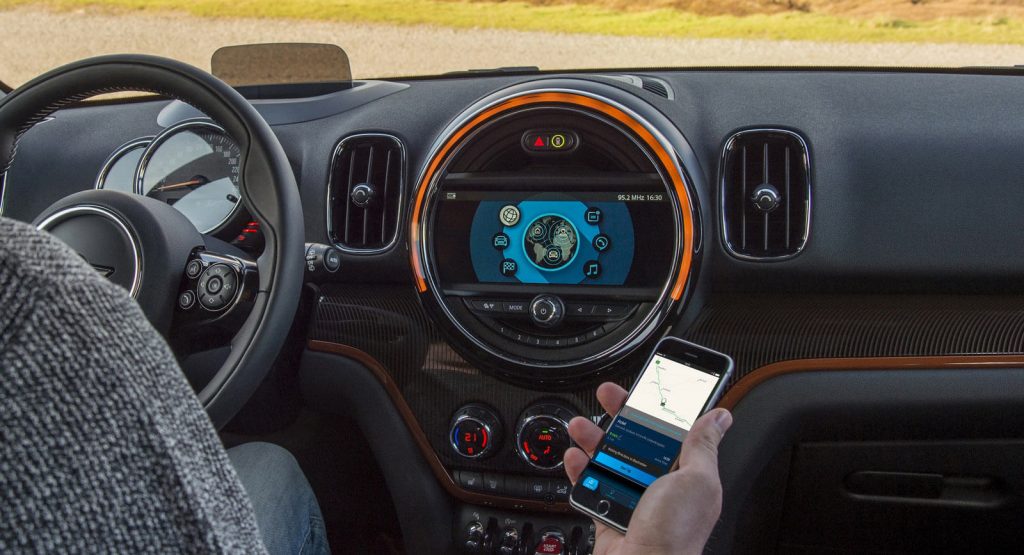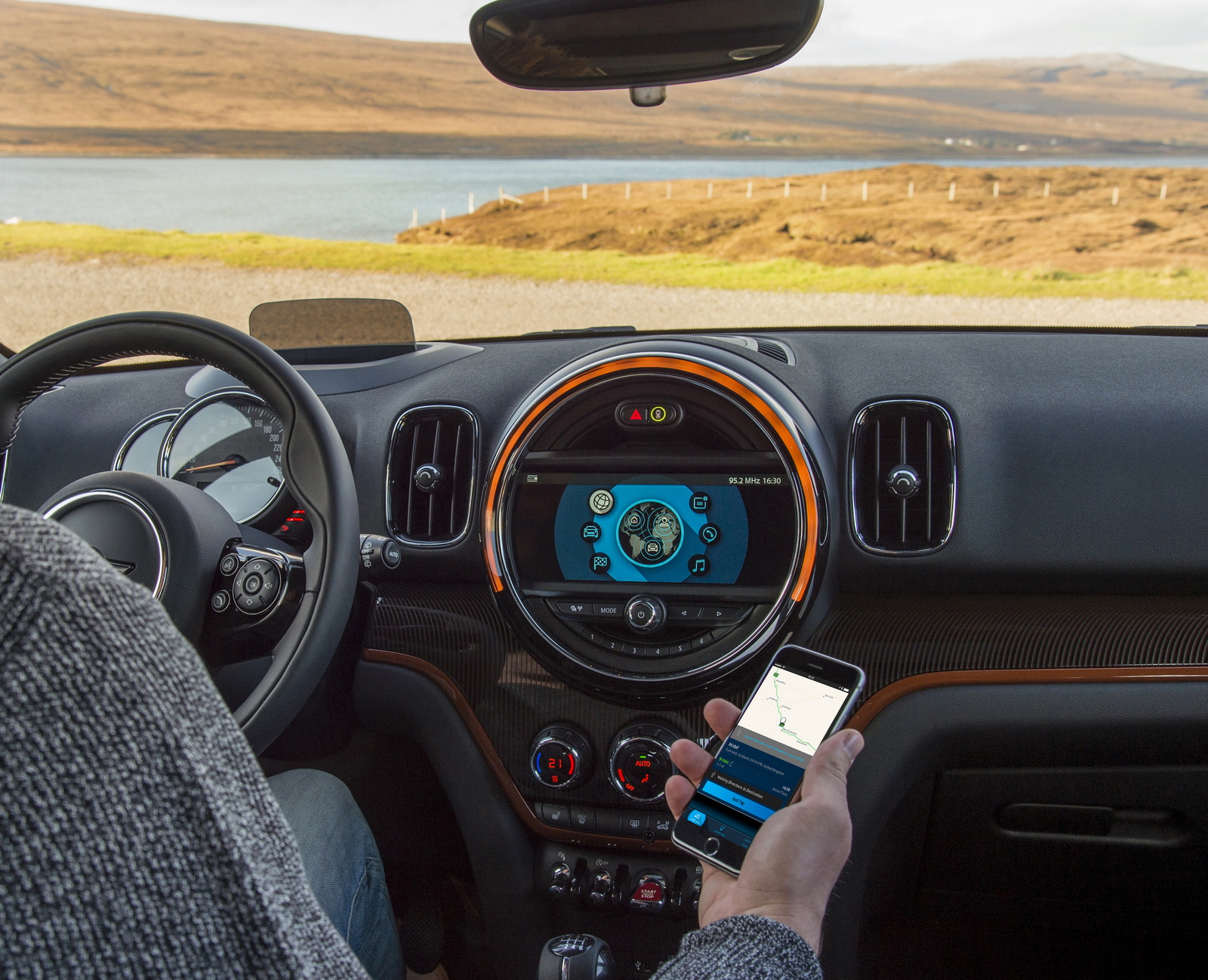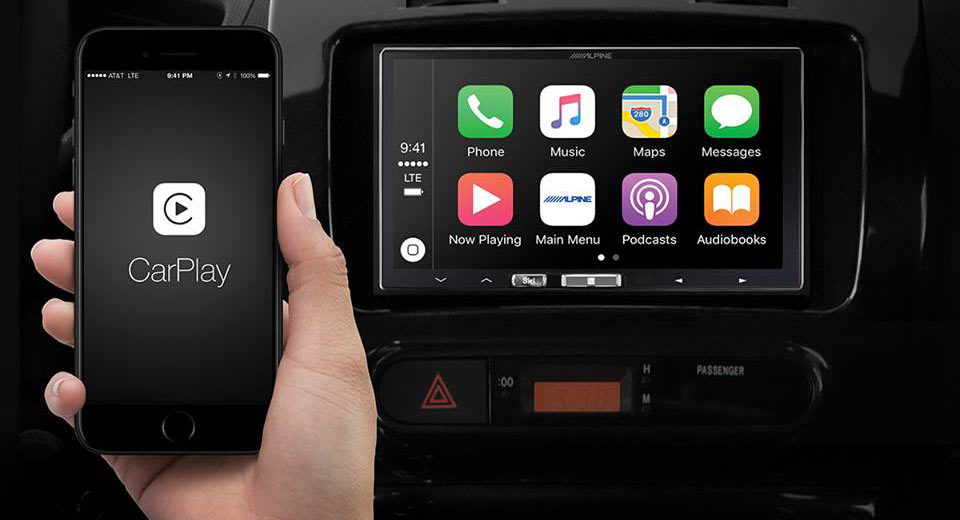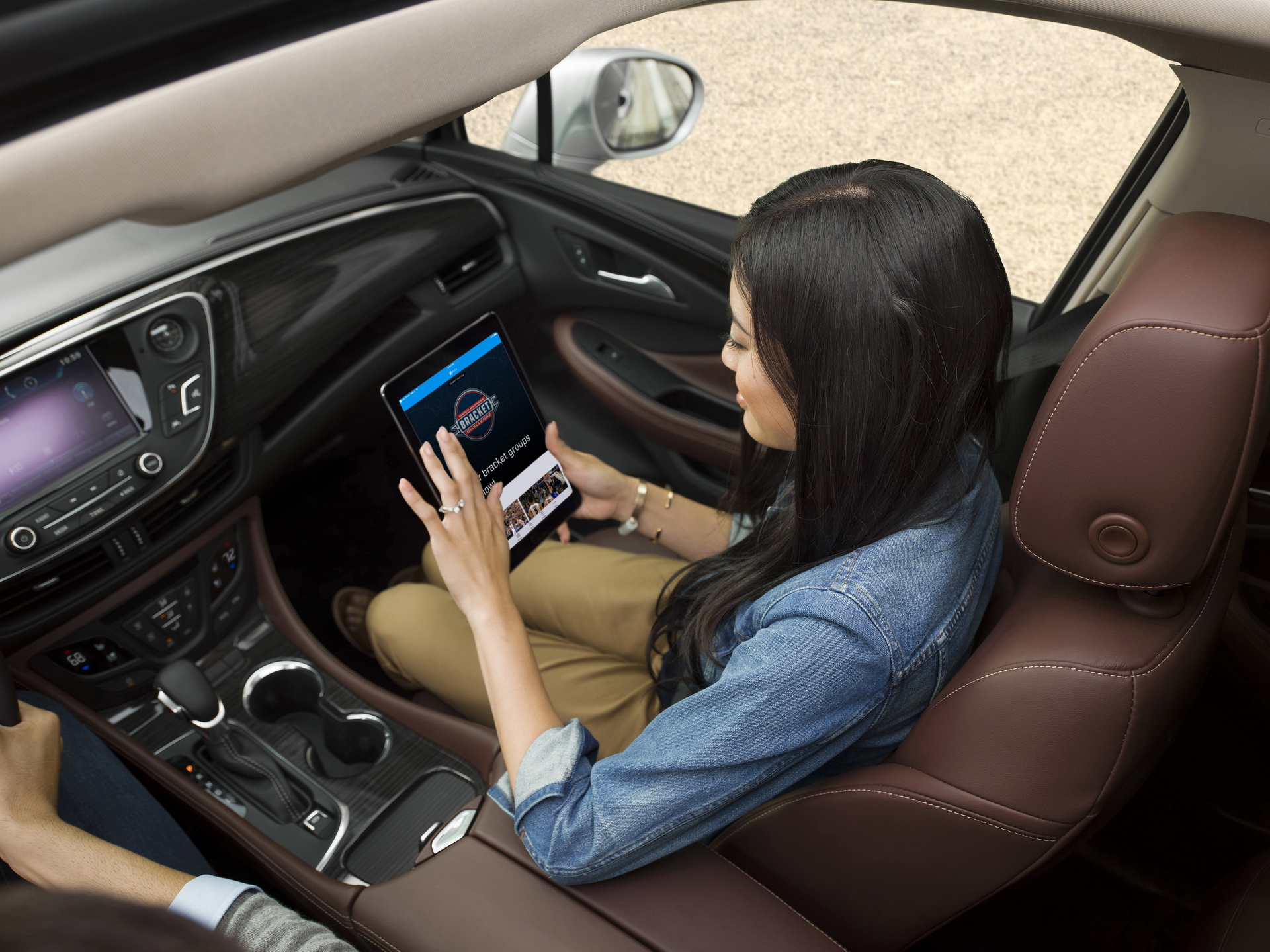Europe is set to approve a set of rules favoring the use of Wi-Fi in cars, thus giving the likes of VW and Renault an advantage. That’s because the two, unlike other automakers, have pursued in-car Wi-Fi connectivity solutions as opposed to 5G networks.
Legislation on this issue should be announced next month, with EU countries to start adopting it next year, reports Automotive News Europe. Financially, this decision is expected to be a major one, as the market for connected cars could be worth billions of euros per year.
Even though connected cars have been available for quite a few years, the European Commission wants to speed up their development, with the goal to ultimately make safer and more efficient cars.
Getting regulatory-approved technical specs and legal protection will give Wi-Fi equipped vehicles a major advantage over those featuring other types of connectivity technology, such as 5G, which could now take months or even years to win approval.
Yet, there are those who still back 5G connectivity over Wi-Fi, such as Daimler, Ford, the PSA Group, Deutsche Telekom, Ericsson, Huawei, Intel, Qualcomm and Samsung, all of which feel that 5G has wider application (entertainment, traffic data, general navigation) and is future proof, as data speeds and signal failures aren’t that big of an issue.
Meanwhile, those who prefer Wi-Fi say that this type of tech is actually better for time-critical communications such as those regarding crash avoidance and object navigation.
This split is also evident among countries worldwide, where the United States and China view 5G as the way forward, whereas France is a supporter of Wi-Fi based technology.
“A legislation confined to a Wi-Fi based communication would send a negative message about Europe’s commitment to 5G and is contrary to the objectives of the Commission’s own 5G action plan, which aims to promote early deployment of 5G along major transport paths,” said Lobbying group and 5G supporter 5GAA.






